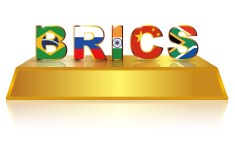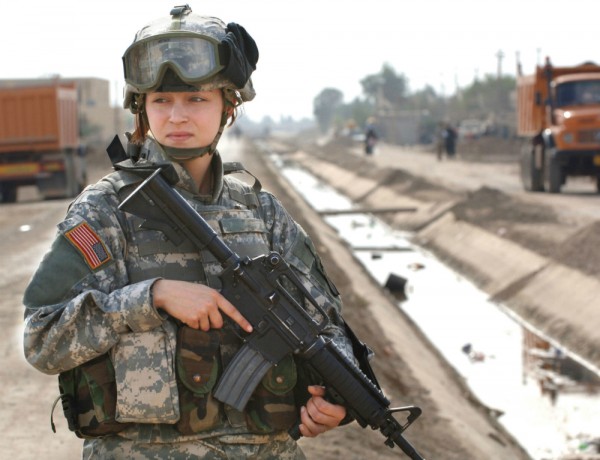 Parler
Parler Gab
Gab
- BRICS nations are positioning themselves as peace mediators, challenging the West’s militarized diplomatic failures in Ukraine, Gaza, and Africa.
- The alliance now represents nearly half of the world’s population and 40% of global GDP by purchasing power parity — surpassing the G7.
- South Africa’s call for reduced dependency on U.S. aid exposes a strategic pivot toward BRICS-led economic resilience.
- Expansion into new members like Iran, Egypt, and Ethiopia signals growing momentum for a multipolar financial system.
BRICS as the new peace brokers
While NATO and the UN continue to fuel proxy wars and fail at conflict resolution, BRICS is stepping into the void with a diplomatic offensive rooted in sovereignty and multilateralism. Ramaphosa explicitly condemned the "heavy human toll" of conflicts in Ukraine, Gaza, and Africa, framing BRICS as the guardian of "peaceful coexistence." This rhetoric starkly contrasts with U.S.-led wars that have destabilized regions for decades — proof that the traditional powers are losing their grip. China and Brazil’s joint 2024 Ukraine peace proposal, backed by BRICS members, already demonstrated the group’s rising influence. South Africa’s vocal stance against Israeli aggression in Gaza further exposes the widening rift between Global South priorities and Western-aligned institutions. For nations tired of being bullied by the IMF and World Bank, BRICS offers a lifeline — one that prioritizes fair trade, mutual development, and genuine security partnerships, including counter-terrorism and cybersecurity initiatives.Economic liberation from the dollar’s stranglehold
The urgency behind Ramaphosa’s call for deeper BRICS cooperation is evident: U.S. aid cuts to South Africa have accelerated the push for self-reliance. ANC spokesperson Khalid Muhammad framed the withdrawal as a "wake-up call," urging stronger ties with Russia, China, Iran, and other markets long demonized by Washington. Meanwhile, Russian Foreign Minister Sergey Lavrov boasted that BRICS now controls 40% of global GDP — a staggering economic counterbalance to the declining G7. This shift isn’t just ideological — it’s financial. BRICS nations are fast-tracking alternatives to SWIFT, exploring gold-backed currencies, and expanding trade in local currencies to bypass dollar dependency. For countries like Ethiopia and Egypt, newly inducted as full members, the alliance offers a hedge against Western sanctions and financial coercion. The message is clear: the era of U.S. dollar supremacy is quickly fading away.The birth of a multipolar world
From its 2009 inception, BRICS was designed as a challenge to unipolar domination. Today, with Iran, the UAE, and Indonesia joining, the bloc has evolved into a coalition of the "World Majority" — nations once sidelined by neocolonial debt traps and rigged trade deals. Lavrov’s declaration that BRICS acts as a "focal point" for the Global Majority underscores a historic realignment. South Africa’s expulsion from U.S. aid programs and the subsequent diplomatic tensions highlight the stakes: either submit to Western diktats or embrace the rising alternative. As Muhammad noted, the US's punitive measures have inadvertently "pushed us into diversifying" — proof that oppression breeds innovation. The battle lines are drawn. BRICS doesn’t just seek influence — it demands systemic change. The question is no longer if the old order will fall, but how quickly. Sources include: RT.com RT.com RT.comInflated and intentionally deceptive: The $7 trillion fossil fuel subsidy myth
By Willow Tohi // Share
Del Monte Foods files for Chapter 11 bankruptcy
By Laura Harris // Share
Denmark begins conscripting women into military service amid NATO war fears
By Cassie B. // Share
Natural remedies for pinkeye (Conjunctivitis)
By newseditors // Share
Best-selling apps made by Israeli spies revealed
By newseditors // Share
Catastrophic flooding in central Texas claims over 50 lives, raises questions about weather control
By finnheartley // Share
Family Sues Dr. Carrie Madej Over Hydrogen Peroxide Treatment, Alleging Wrongful Death
By finnheartley // Share










